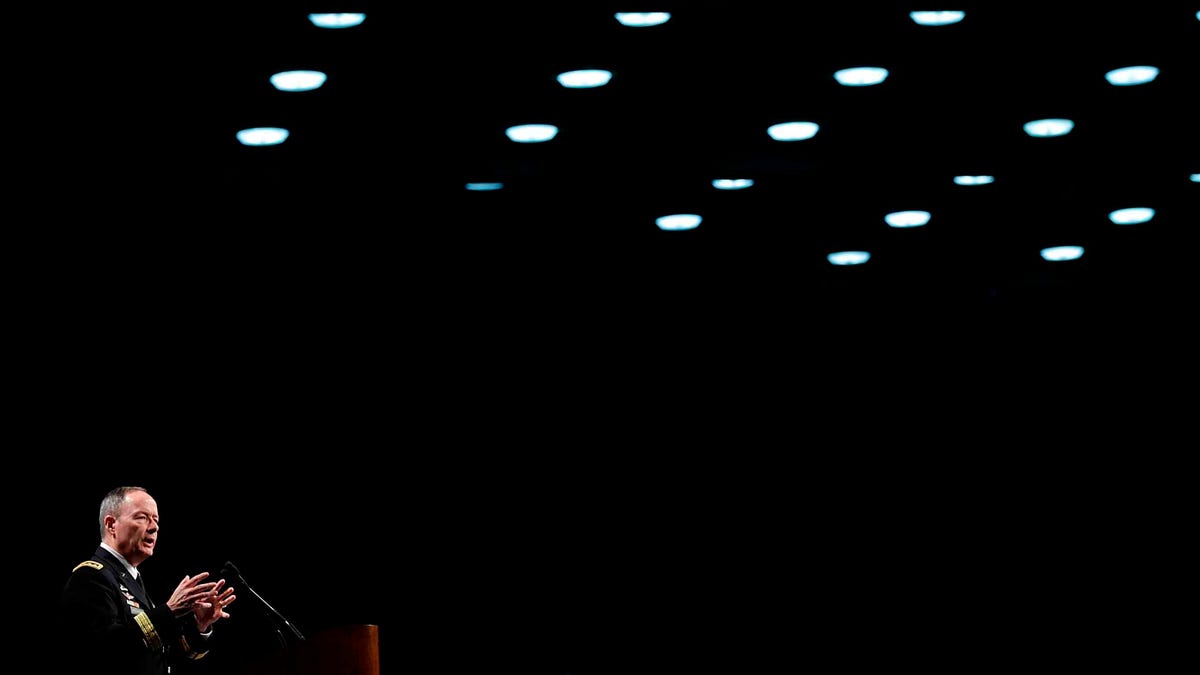Judge: Lawsuit alleging illegal NSA spying may continue
Electronic Frontier Foundation wins a key round in its lawsuit alleging the National Security Agency illegally wiretapped Americans' private phone calls and Internet conversations.

A federal judge ruled today that a long-standing lawsuit alleging illegal surveillance by the National Security Agency may continue despite the Obama administration's objections.
U.S. District Judge Jeffrey White in San Francisco rejected the administration's claim that the lawsuit could not proceed because it might reveal "state secrets" and endanger national security.
The Electronic Frontier Foundation filed the lawsuit, called Jewel v. NSA, in 2008 to challenge a NSA's warrantless surveillance program that vacuumed up Americans' confidential electronic communications. It alleges (PDF) that the NSA "intentionally and willfully caused" or directed AT&T to permit access to its fiber links in violation of federal wiretapping laws and the U.S. Constitution.
"One small step for the case, one giant leap for the Constitutional rights of mankind," EFF attorney Kurt Opsahl wrote on Twitter this afternoon.
EFF's claims in the lawsuit -- including that AT&T and other large Tier 1 providers open their networks to the NSA's fiber taps -- were recently corroborated by Edward Snowden, the intelligence analyst-turned-whistleblower.
Today's ruling (PDF) is anything but a final decision. White asked for "further briefing" from both sides on the constitutional arguments. And EFF will still need to demonstrate it can litigate without "impermissible damage to ongoing national security efforts," White said.
But overcoming the hurdle of the administration's "state secrets" claims is still a major step. The lawsuit may continue, White said, because the "procedural mechanism" of the Foreign Intelligence Surveillance Act "preempts application of the state secrets privilege."
The state secrets privilege, outlined by the Supreme Court in a 1953 case, originally permitted the government to derail a lawsuit that might otherwise lead to the disclosure of military secrets. It has since turned into a potent weapon the Bush and Obama administrations have used to target any lawsuits alleging illegal NSA surveillance.
In 1998, the 9th Circuit Court of Appeals considered the state secret privilege in a case where former workers at the Air Force's classified Groom Lake, Nev., facility allegedly made hazardous waste violations. When requested by the workers' lawyers to turn over information, the Air Force refused.
The 9th Circuit upheld a summary judgment on behalf of the Air Force, saying that once the state secrets "privilege is properly invoked and the court is satisfied as to the danger of divulging state secrets, the privilege is absolute" and the case will generally be dismissed.

